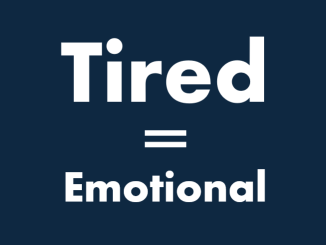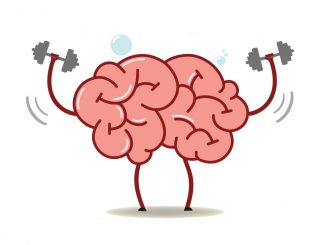There’s a mountain of evidence that already links the long-term and short-term effects that stress has on our brain function.
You need only follow this link to see how many articles I have written on the effects of stress on our mental health!
Part of these effects are the differences that stress makes to our emotions, in particular the function of the emotion processing regions of the brain.
So, as I often say, find a stressed person, and you will find a person also experiencing some degree of emotional dysregulation or difficulties.
Stress exposes our emotional vulnerabilities.
In other words, the emotional experience is different from periods where the person is experiencing low levels of stress or even no stress at all.
There are also many more long-term effects that stress can have on our mental health.
But, at least in this context, let’s just concentrate on the more immediate impacts.
This new Edith Cowan University (ECU) research affirms that acute stress may impair key brain functions involved in managing emotions.
This phenomenon, according to the results, is particularly felt by those of us living with ‘distress disorders’ such as depression, anxiety, and borderline personality disorder (BPD).
The ECU research team found that rather than enhancing mental focus in high-pressure moments, stress may temporarily disrupt executive functions, the brain’s control processes that help with problem-solving, planning, and emotion regulation.
You can’t move forward until stress is under control.
So, this does confirm the theory that I work under, in that clients seeking therapy need assistance towards stress reduction first. In a relationship context, this is why I try to help clients seek ‘Safety’ first.
Only when we have relaxed (at least to some degree) and started to diminish the physiological stress response can we start to move forward.
One of the researchers was ECU Professor Joanne Dickson, who says the research could encourage more therapists to tackle stress first.
“It also points to the importance of designing therapies that are more flexible or that build executive function capacity before emotionally challenging work begins.”




